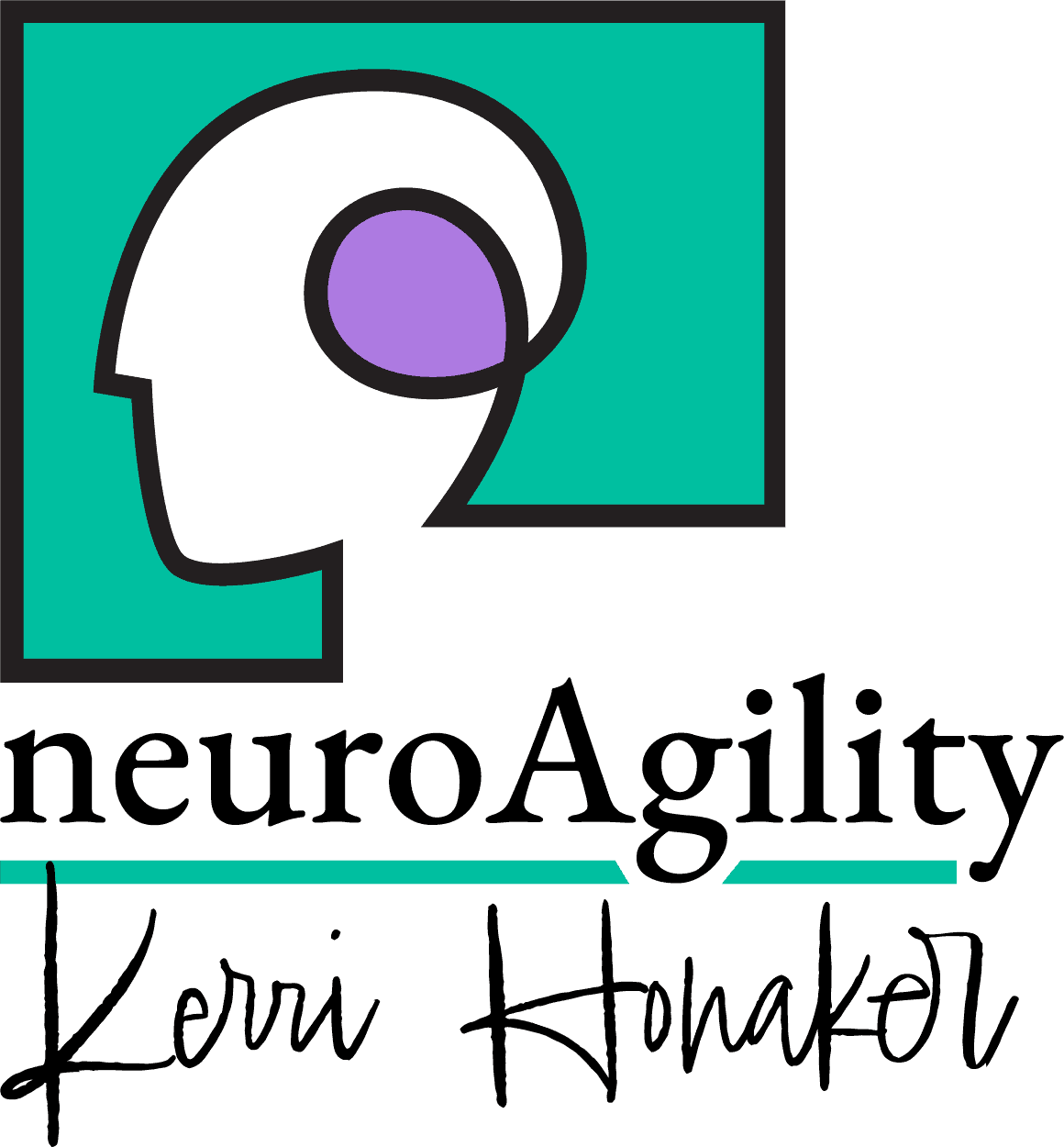Neurofeedback News
-
Letting Kids Move in Class
How teachers incorporate movement into lessons to make it part of learning, not just a break from it. Full Article: The Washington Post, “Letting kids move in Class isn’t a break from learning. It IS learning.”
-
Bedtime Has Huge Impact on Sport
Our internal body clock has such a dramatic impact on sporting ability that it could alter the chances of Olympic gold, say researchers. Full article: BBC News Health, “Bedtime ‘has huge impact on sport’ “
-
neuroAgility Speaks at Google Boulder May 2015
Google Hobby Talk – Abstract: neuroAgility will present qEEG (brain mapping) and EEG biofeedback (neurofeedback). Our business is working with brain wave activity, and teaching people how to change their electrical activity for different reasons. Our areas of specialty are in ADD/ADHD, Anxiety, Social Anxiety, Performance (Athletes, Musicians, Public Speaking, Professionals), ASD, Brain Injury. We…
-
How to Stop Procrastinating
Some dos and don’ts for closing the knowing-doing gap. Full Article: Chopra Centered Lifestyle Newsletter, “How to Stop Procrastinating”
-
Sugar Season. It’s Everywhere, and Addictive.
Sugar is everywhere. It is celebration, it is festivity, it is love. It’s also dangerous. Sugar is addictive, literally, in the same way as drugs. A recent study showed that sugar, perhaps more than salt, contributes to the development of cardiovascular disease. Evidence is growing, too, that eating too much sugar can lead to fatty…
-
Limiting Rest Is Found To Help Young Concussion Patients
·
Researchers had expected to find that more rest would be helpful for young patients with mild concussions. Instead, a pediatric emergency medicine doctor at Children’s Hospital, and his colleagues found that the patients advised to rest for five days reported more physical and emotional symptoms like headache and nausea in first few days, and more…
-
Complexity and the 10,000 Hour Rule
There are no instant experts in cognitively demanding activities. The ten-thousand-hour research reminds us that “the closer psychologists look at the careers of the gifted, the smaller the role innate talent seems to play and the bigger the role preparation seems to play.” Full article: The New Yorker, “Complexity and the Ten-Thousand-Hour Rule”
-
Teaching Mindfulness to Teenagers
This article teaches how to teach mindfulness to teenagers. It would also be good for adults that work or live with teens!
-
Why Being Idle Can Lead to Better Thinking
·
Studies show that people would rather do something—anything—than be alone with their thoughts. But it’s through reflection, daydreaming, and introspection that we make sense of information and experiences and come up with new insight and ideas. Full Article: Lifehacker, “Why Being Idle Can Lead to Better Thinking”
-
A Natural Fix for ADHD
People with ADHD may not have a disorder, so much as a set of behavioral traits that don’t match the expectations of our contemporary culture. The problem is not just the brain. The problem is boredom. Full Article: The New York Times, “A Natural Fix for ADHD”
